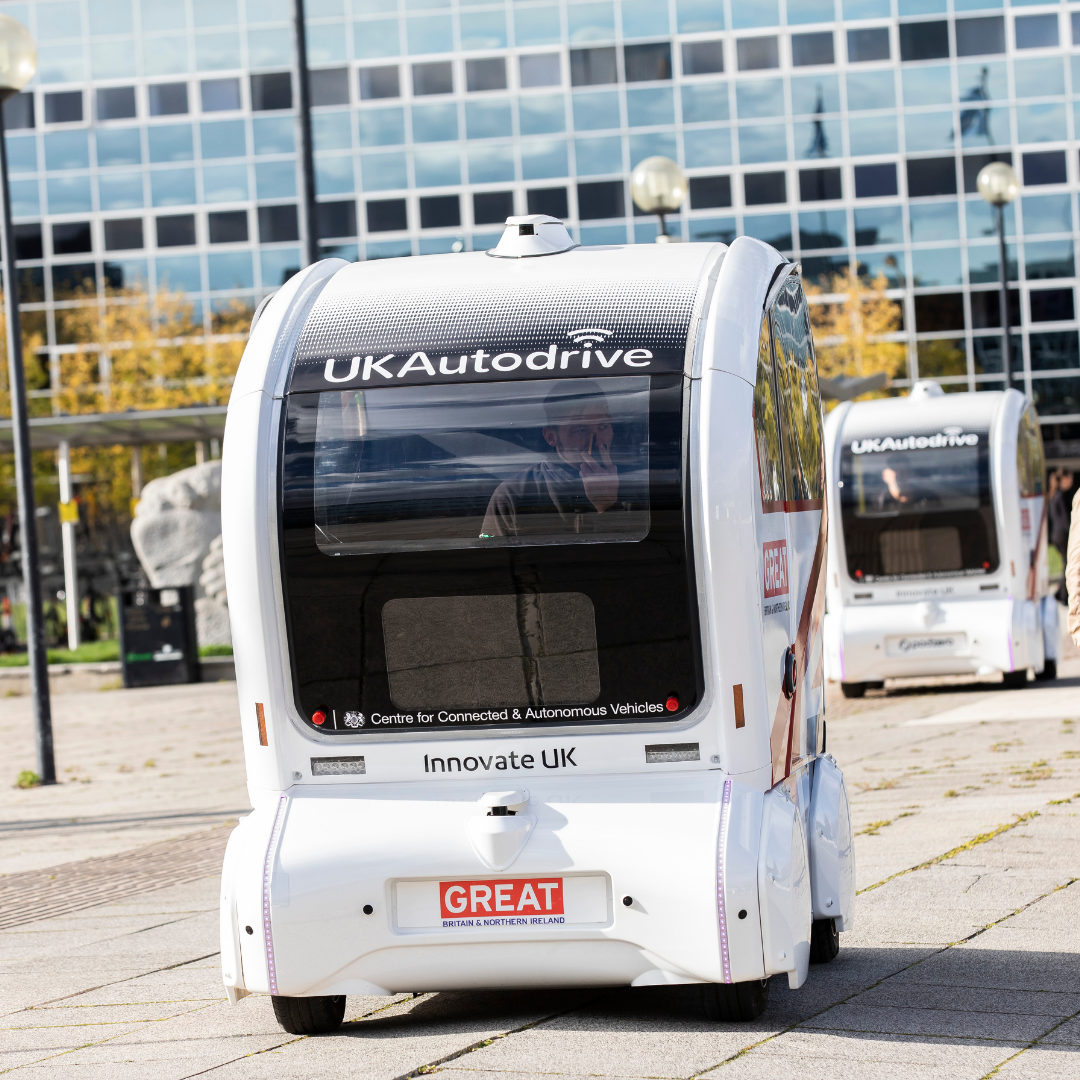SEMLEP has built up an evidence base of Digital Infrastructure across the geography, which is provided here, and which identifies areas with high-speed connectivity and those where connectivity remains poor. Unsurprisingly, the more rural parts of the SEMLEP geography are generally less well-served in terms of digital infrastructure, with Bedford, Central Bedfordshire and West Northamptonshire having the most gaps of the local authorities in the area (in terms of coverage, connection speeds and businesses’ satisfaction with their connection). Smaller clusters of poor infrastructure performance are distributed across the area. The availability of full-fibre connectivity is also highly varied across the area.
SEMLEP is working closely with its local authority and private sector partners to address gaps where they exist, with a view to establishing full-fibre connectivity across the South East Midlands, including in rural areas.








